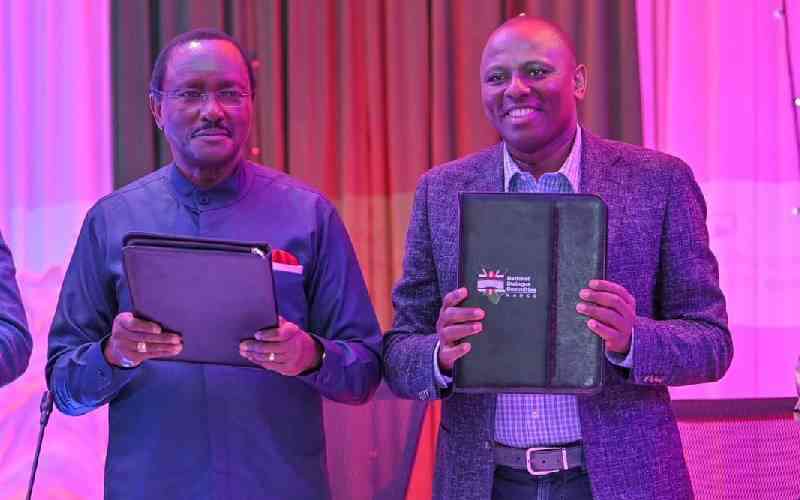×
The Standard e-Paper
Fearless, Trusted News

The release of the long-awaited report by the National Dialogue Committee (NDC), promising potential recommendations to alleviate the high cost of living, has sparked swift and critical reactions.
Leaders from Kenya Kwanza and the Opposition rejected the report, with some stating it was a waste of resources. President William Ruto, on the other hand, declared that the recommendations will be implemented.